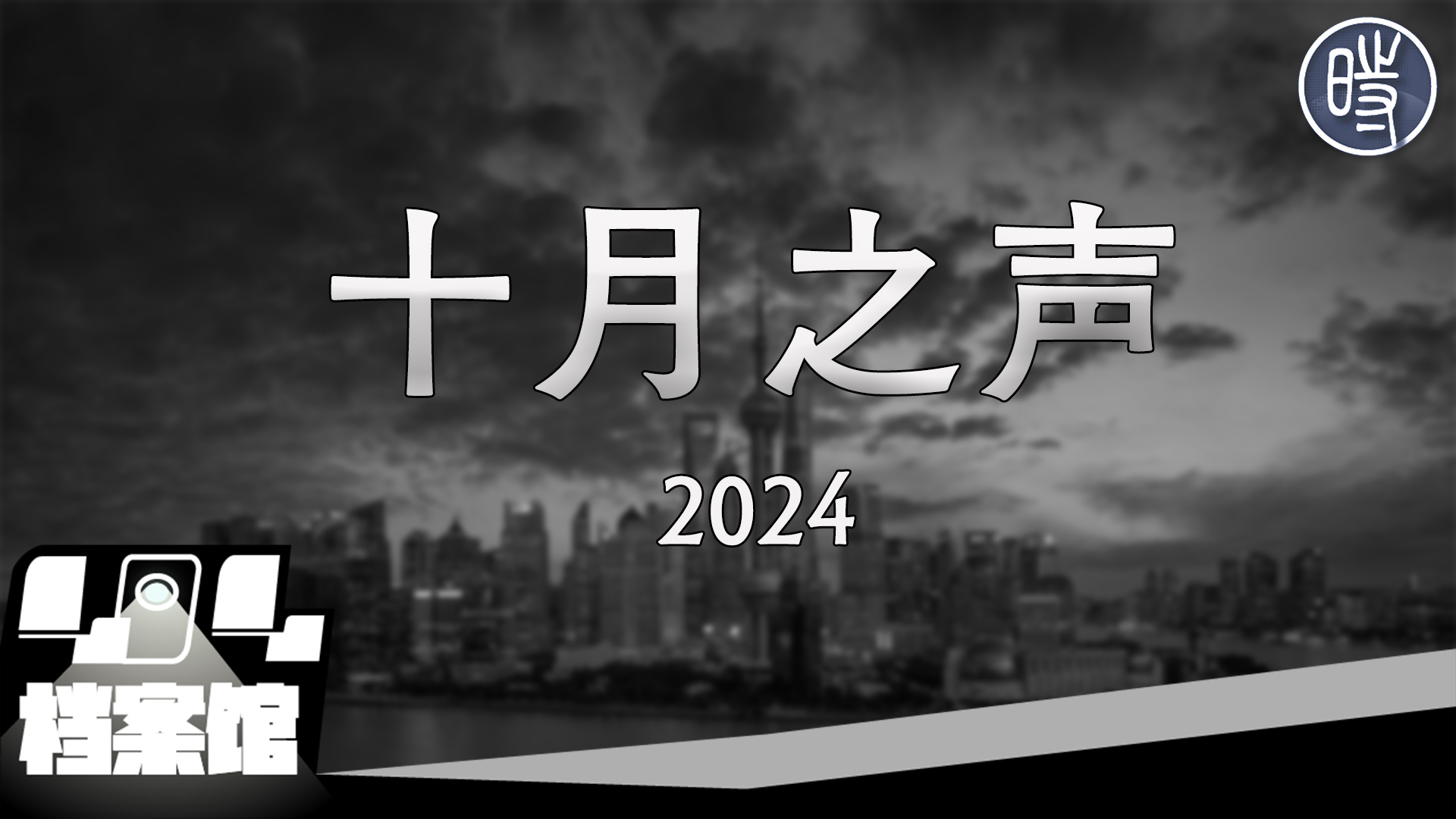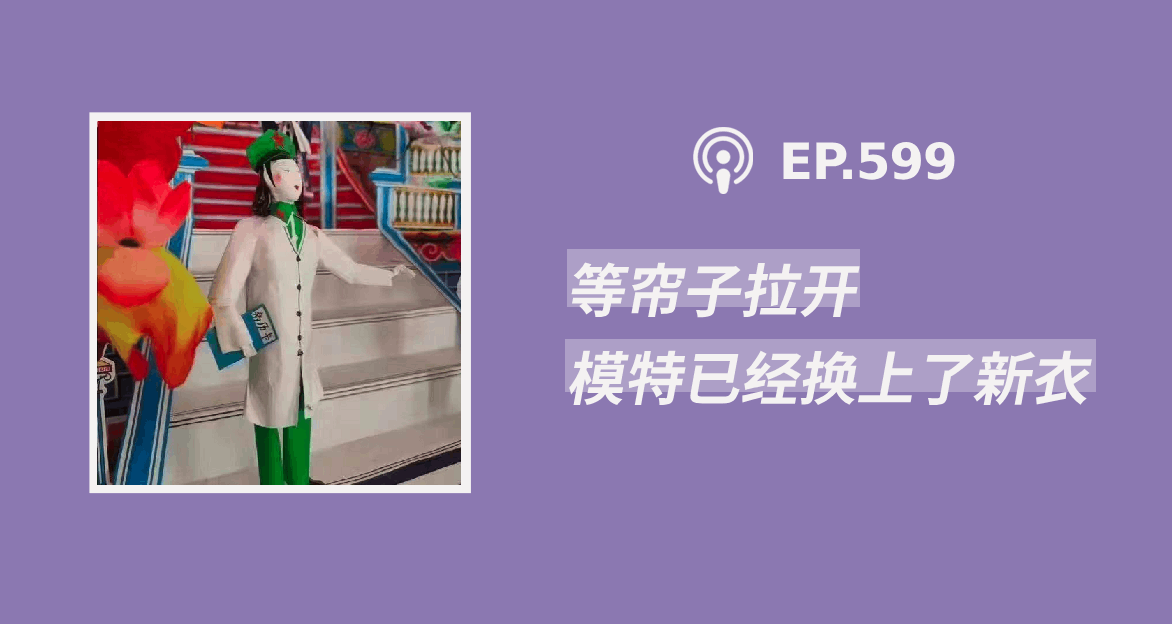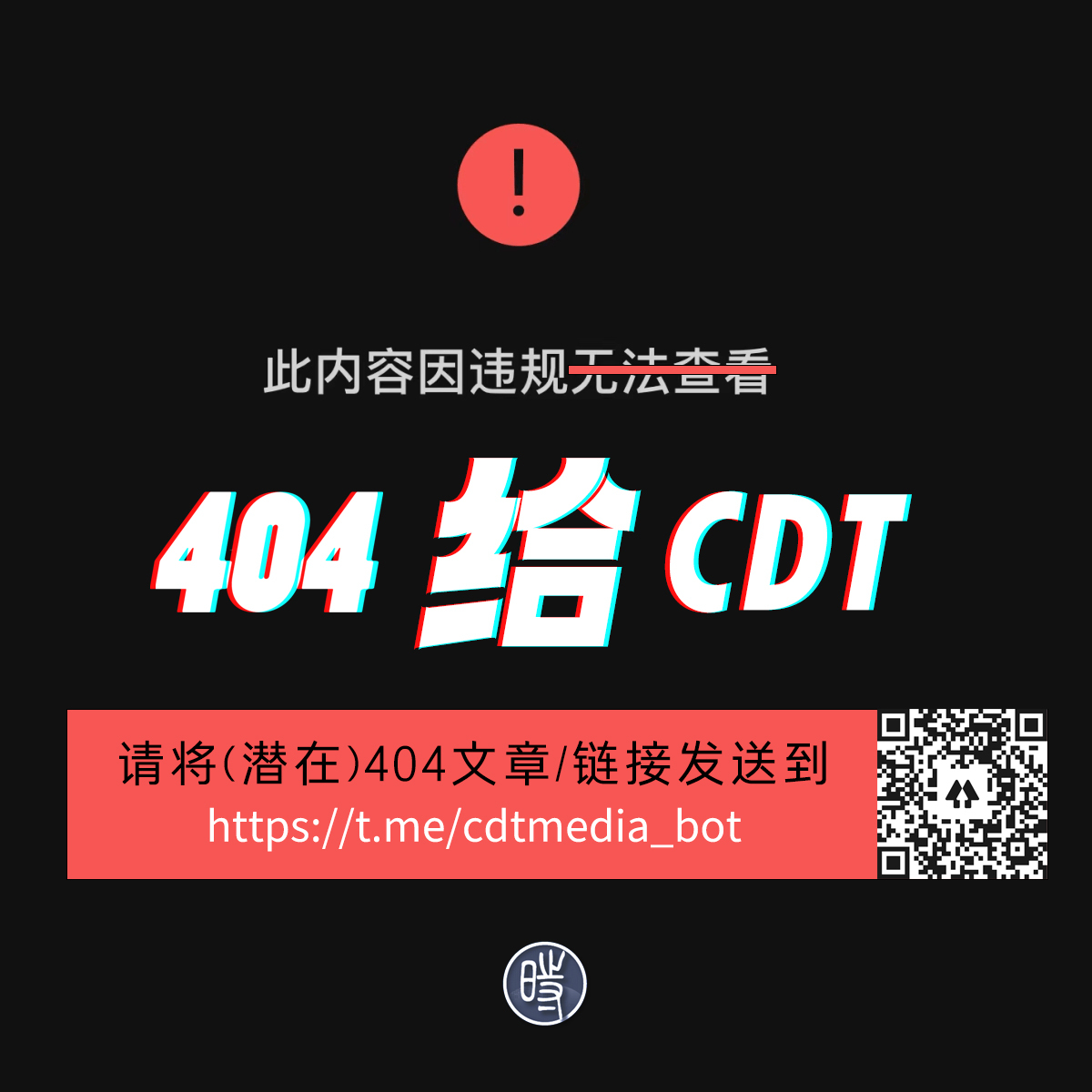http://www.usatoday.com/story/news/world/2013/02/06/china-mystery-blogger-xi-jinping/1895543/
Is
China's mystery blogger Xi Jinping himself?
Calum MacLeod, USA TODAY12:33a.m. EST February 7, 2013
A mystery blogger who appears to have close access to the daily activities
of China's new leader may be the leader himself, say China watchers.
BEIJING – A mystery blogger who appears
to have close access to the daily activities of China's new leader may be the
leader himself, China watchers say.
The blog “Study Xi Fans Group” has posted pictures of
Communist Party Secretary General Xi Jinping's trip to northwest China along
with detailed updates about his busy schedule.
To Americans who are used to the flood of minutiae issued by the
White House about President Obama, similar outpourings from China's government
may seem like nothing unusual, but in China, a close-up look at the leader of
an organization long steeped in secrecy is a revelation all by itself. The
activities of the party elite are normally reported in a carefully scripted
manner, often delayed by a few days, by the state-run media.
The fawning and somewhat dull reporting on the blog is raising
speculation on the Internet that China's leader, or rather his aides or
bodyguards, are behind the accounts.
The anonymous blogger denied the rumors Tuesday.
“I'm not a party member, nor a government official, nor do
I have anything to do with General Secretary Xi's team,” said a statement
on the blog, which appears on the government sanctioned website used for
Twitter-like postings.
The statement noted that other leaders such as Obama and Russian
leader Vladimir Putin, “all have their fan groups, it's my right to be a
fan of who I want.”
Media analyst Jeremy Goldkorn doesn't buy that explanation.
“My instinct says it's something fake, like most things are
here. Somebody in or close to the system is doing it, but that doesn't
necessarily mean Xi's people are doing it,” said Goldkorn, whose
“Danwei” website translates Chinese media articles into English.
Obama's official Twitter account has almost 27 million
followers. In China, the ruling Communist Party blocks Twitter but similar
sites that allow people to post messages and opinions have grown hugely
popular.
Xi employs no such social media tools officially. “Study Xi
Fans Group” appears on Sina Weibo, which is among the most widely used
sites in China and one that complies with government censorship rules. The fan
group's followers have more than tripled in recent days to over 465,000.
The immediacy of the postings on the site even caused the
state-controlled national broadcaster CCTV to remark on its microblog that
“Study Xi Fans Group” is “quicker and closer than us.”
Some Chinese Internet users are hopeful that the blog account is
a trial run for Xi and other leaders to launch their own microblogs, which may
help make them more responsive to complaints or concerns of average citizens.
China has 564 million Internet users and 309 million microblogging accounts,
according to the state-run Xinhua News Agency.
Media analysts in Beijing say that the party's distaste for
transparency runs too deep.
The Communist Party's “culture of secrecy” and tight
information controls make opening a microblog “a highly risky thing for
China's leaders,” said Hu Yong, an Internet and new media expert at Peking
University.
“Usually they are faceless bureaucrats, as if you stand out
too much your colleagues and other officials will take a different look at you,
and speculate what you would with all that personal exposure,” he said.
Hu and others say the Internet remains too spontaneous and
scandalous for leaders to risk entering what is the freest place of expression
in China. That is true even though China's Internet is heavily censored and
Internet firms themselves must be careful not to agitate the government too
much if they wish to keep their business licences.
There is evidence that Xi is online.
The microblog was founded in November after Xi took over. If it
really represents Xi's team making its foray into weibo, or microblogging,
lawyer Li Jinsong wrote that it would overtake actress Yao Chen and writer Han
Han to become the mainland's most popular.
Some are taking a chance it is him, sending messages to the
microblog asking for help addressing various injustices. In China people often
fail to achieve satisfaction through the party-controlled courts and believe
that traditional, state-run media ignores their plight.
The blog has responded to such requests by asking people to
state their situation with clear detail.
China's government is more transparent than before and strongly
encourages departments to have a social media presence, said Goldkorn,
“but it's still not the style of China's leaders to be transparent about
what they're doing, and that reticence extends to social media.”
China's bookstores stock many biographies of foreign leaders
such as Obama but shoppers will not find titles on their current leaders. The
closest that Xi's predecessor Hu Jintao came to an online presence was the rare
occasional Q&A at a state media website.
“If President Xi can have a weibo account or even Twitter,
that would be a great leap forward for the leadership,” said Hu. “I
deeply doubt this generation will do it,” he said, in reference to the
“fifth generation” of party bosses since Mao Zedong, led by Xi, who
is expected to serve for the next decade.
本文由自动聚合程序取自网络,内容和观点不代表数字时代立场










